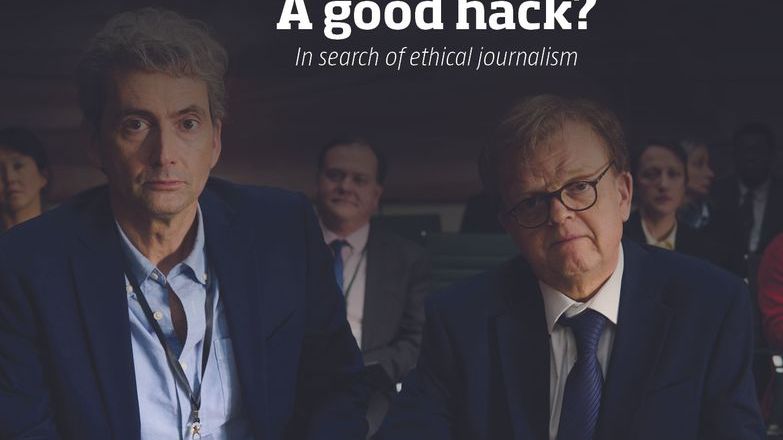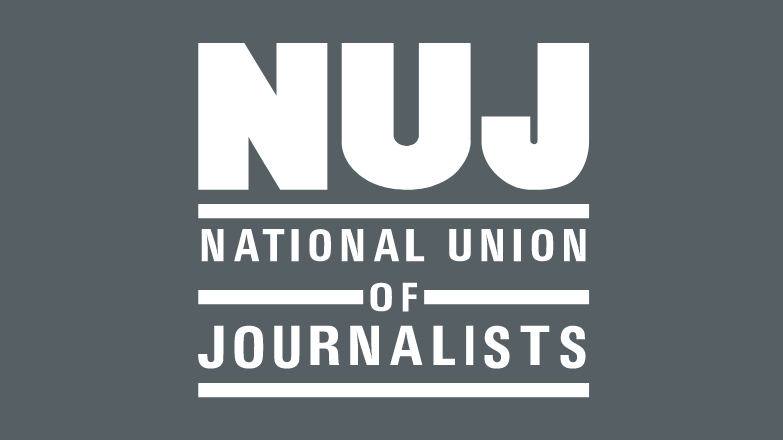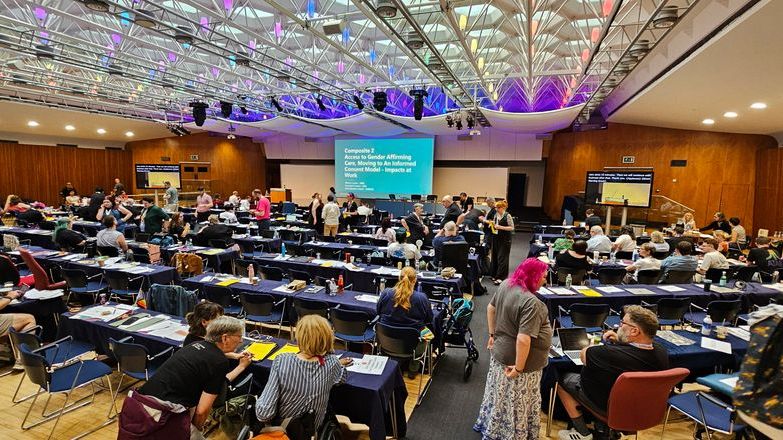The NUJ has always taken professional standards and journalistic responsibility seriously. The Union's first code of conduct was introduce in 1936 to improve standards of journalism that were attracting criticism at the time.
Since then the code has constantly been upgraded and amended, notably in 1976 and in 2007. The NUJ's code is the only UK code to apply to all types of journalists. Other codes apply to either print, from 1989, or broadcast journalists, from 1990, and are designed either by publishers rather than journalists or the broadcast regulator.
Since the NUJ's code is designed by and for journalists and all members are obliged to agree to uphold it, it has long been seen as the gold standard for journalism practice in the UK.
Ethics Council
The Ethics Council was first set up by the NUJ in 1986, after the NUJ left what was then the Press Council in disgust at its inability to properly regulate the press. The Ethics Council initially took complaints from the public about the behaviour of journalists, but rising levels of complaint and employer-supported Government attacks on trade unions designed to reduce their effectiveness meant that the union was unable to sustain the resources required to run a major complaints system.
The union now limits complaints to those about members by other members. The council still gets occasional complaints from the public and if, after investigation, it believes them to be serious will take up the complaint from one of its own members.
The Ethics Council's role is to do work with members, government and other interested parties to improve standards of journalism in the UK and around the world. It works with many groups to educate the public about the role of journalists. It also works with journalists and students to help educate them about better practice and to assist with the preparation of media guidance.
The council keeps up with changes in the law, practice and the rulings of various regulators to ensure their recommendations are at the cutting edge of practice. The Council discusses issues of ethics and standards as they arise enabling it to offer advice to members and organisations seeking to offer guidance to journalists.
The Council still has a role in disciplining members. Complaints made about members can be heard by the council and a decision about guilt made and a recommendation as to consequence made to the National Executive Council. The NEC can decide to expel a member, fine them or censor them.
Ethics Hotline
The Ethics Council runs the union's Ethics hotline, a phone or email opportunity to talk to a member of the council on a peer-to-peer basis to discuss difficult ethical questions that might be affecting a particular story or your day to day work. If you are uncertain about issues concerning a story that risk keeping you awake at night, ring or email the hotline. Your call will be treated in confidence. Once we've checked you are a member, there is no need to give your name or any other details, just tell us your problem so that we can discuss it with you. The hotline is not there to tell you what to do, but it is there to discuss the issue and to tell you your options and their potential consequences.
Hotline: email: [email protected] or phone: 0845 450 0864.
If you have a membership query, please ring 020 7843 3700 or email [email protected]
Ethical advice
The Ethics Council discusses issues affecting responsible reporting and journalistic standards and offers policy and general advice to members. The following are several of the recent issues or earlier publications.




